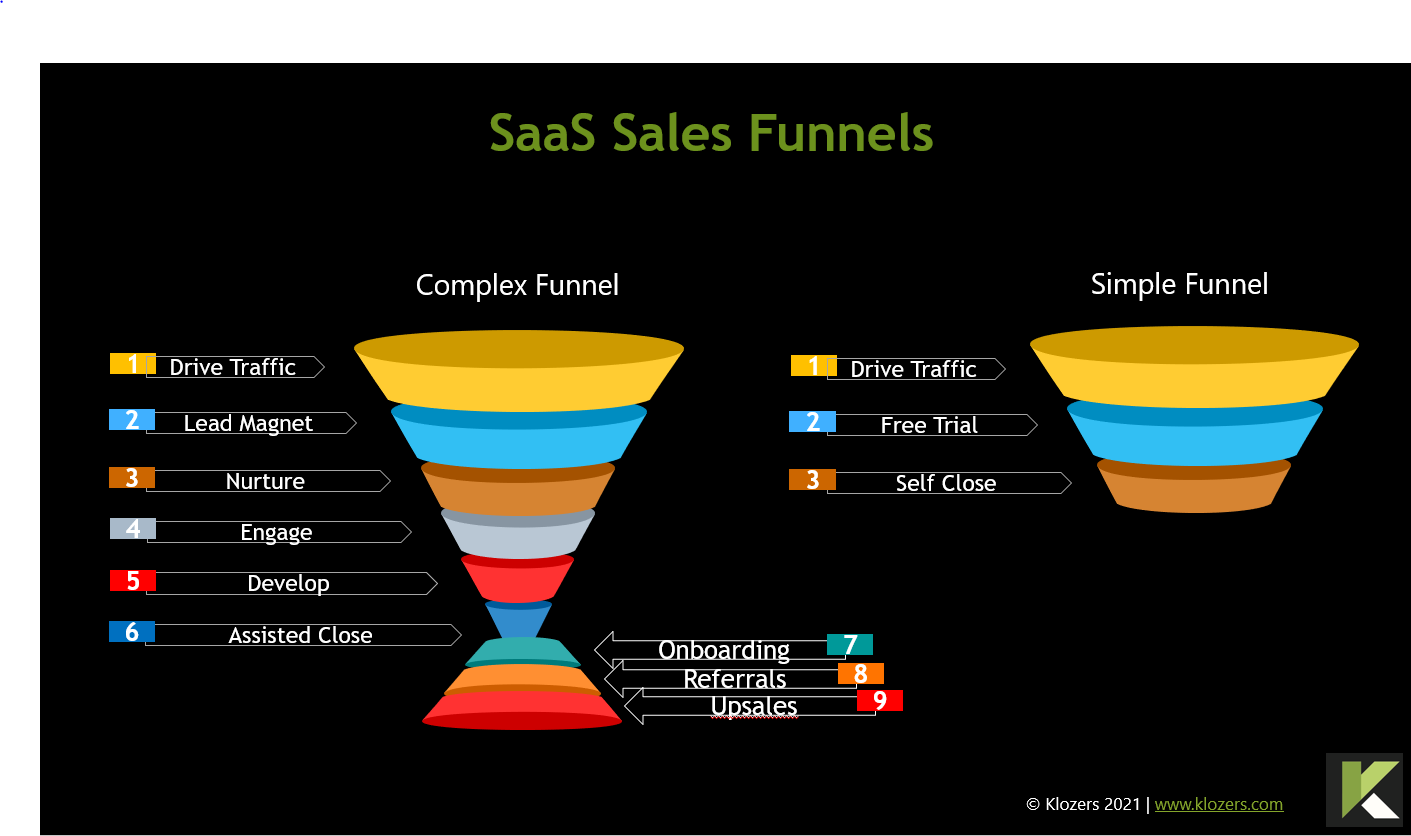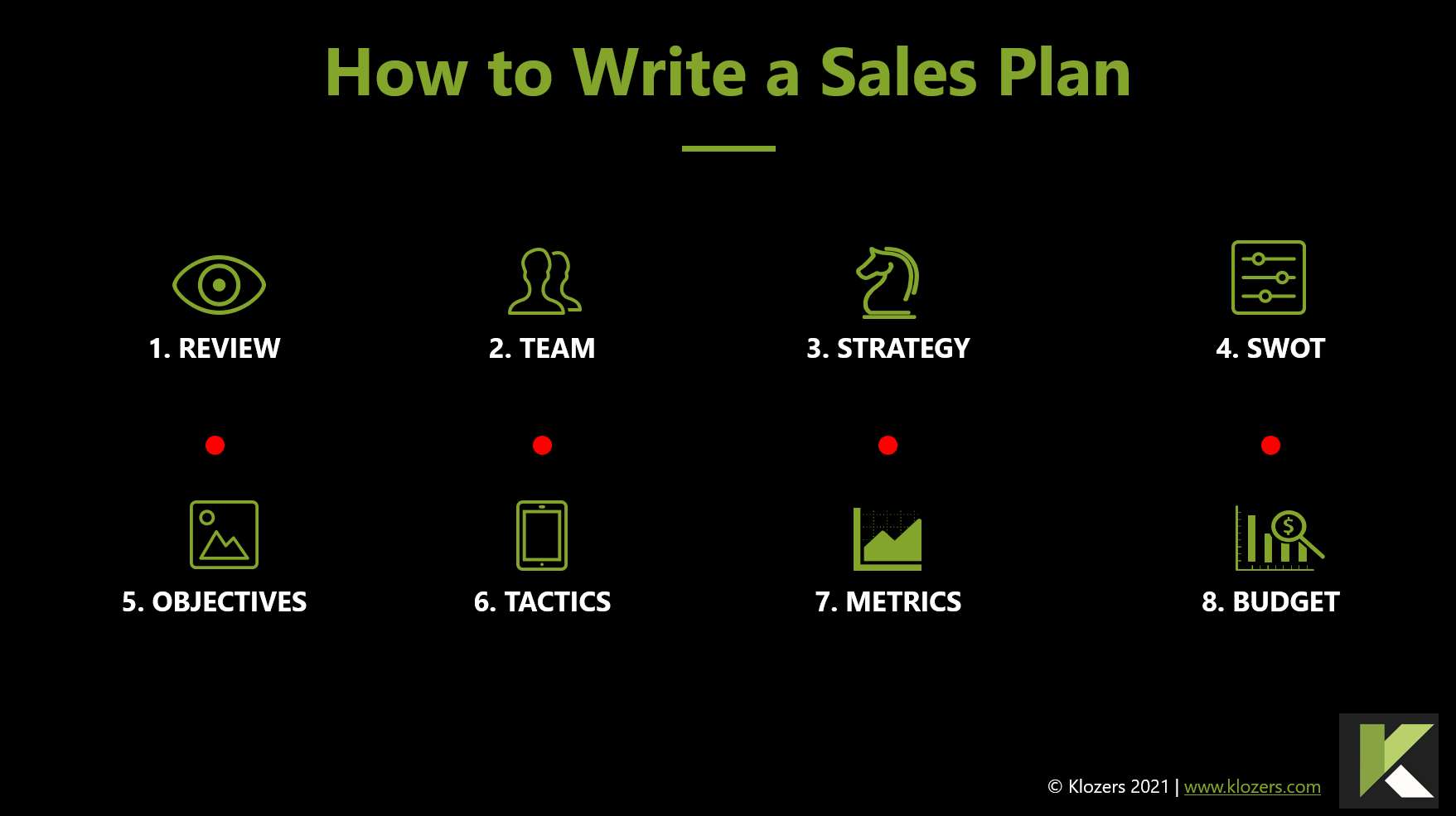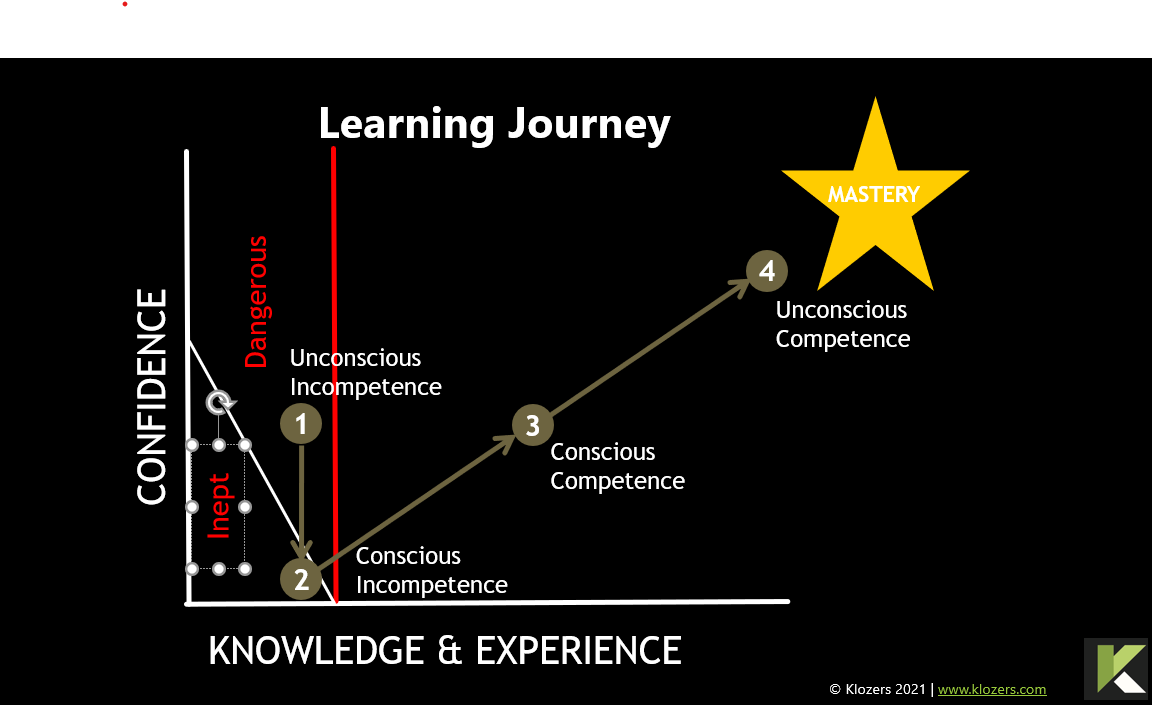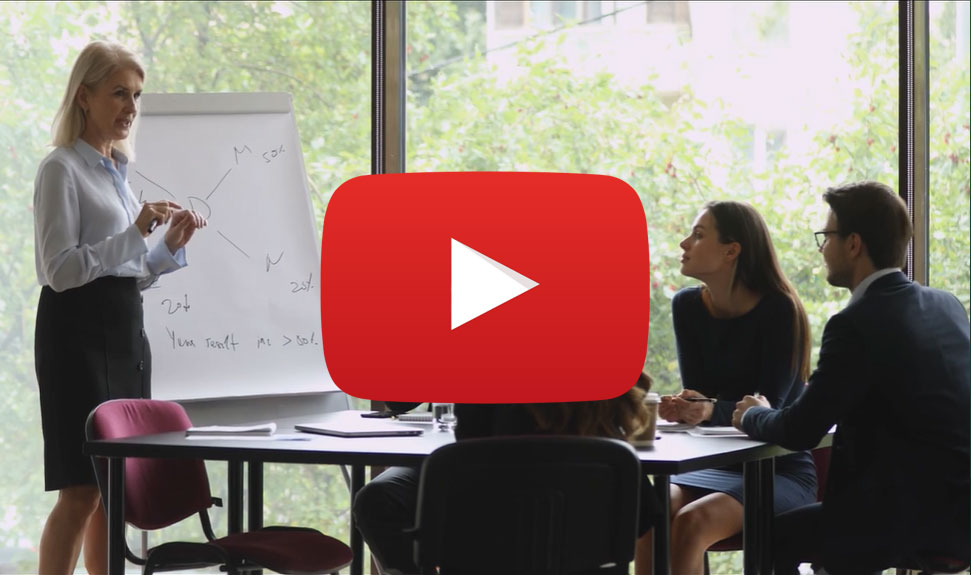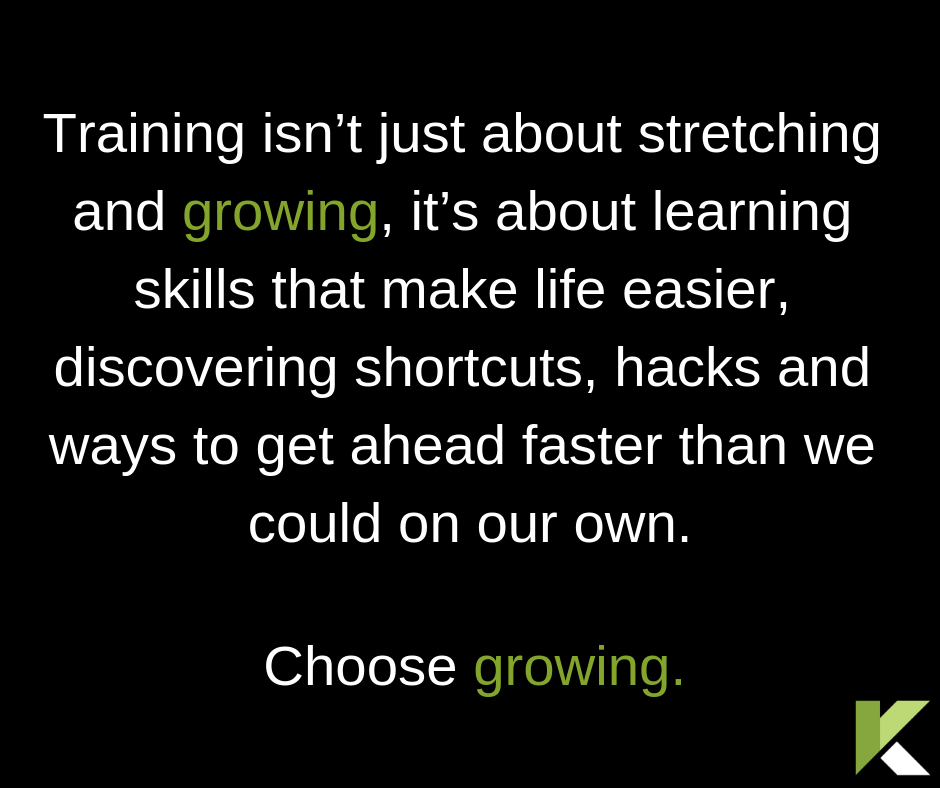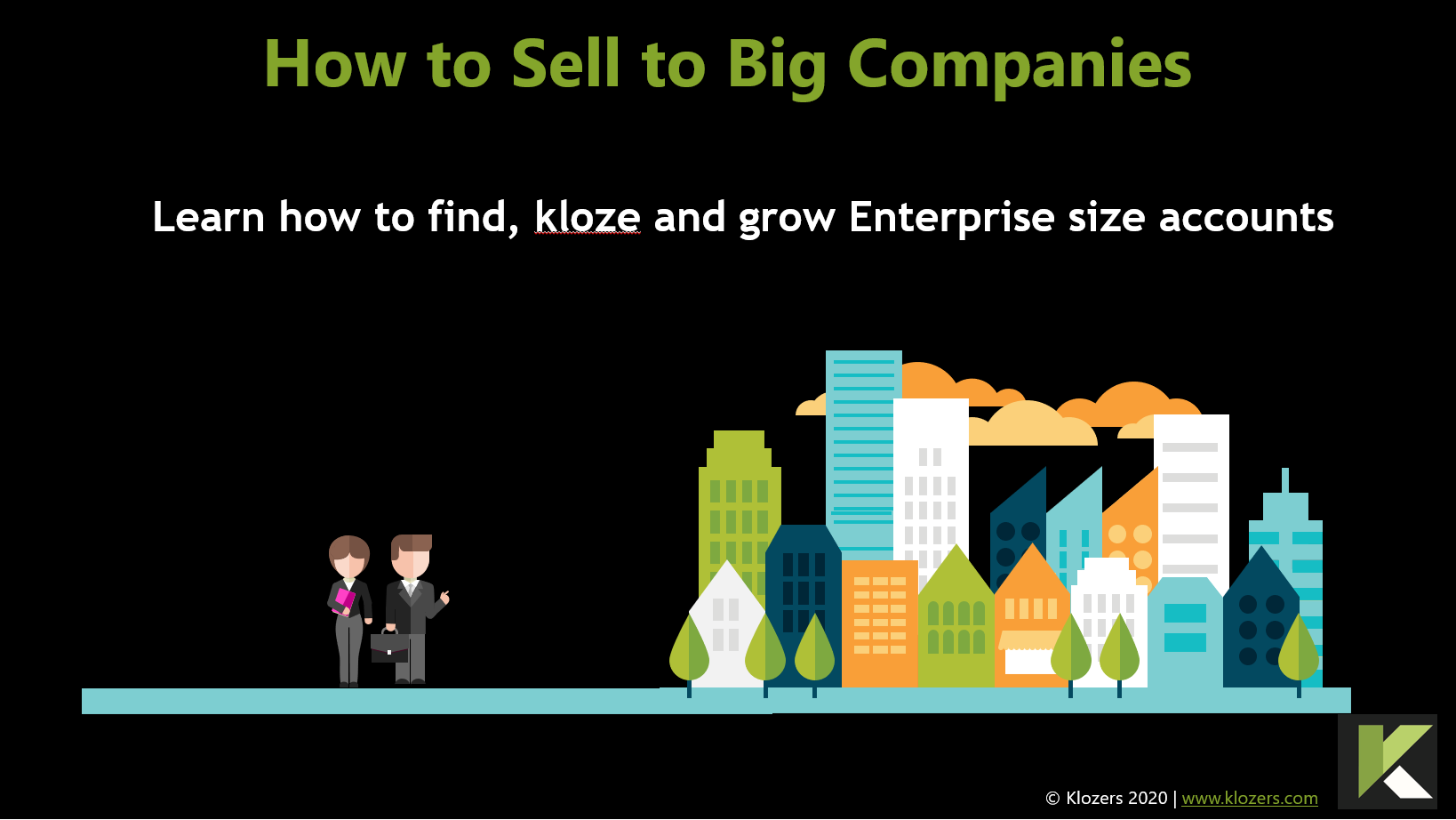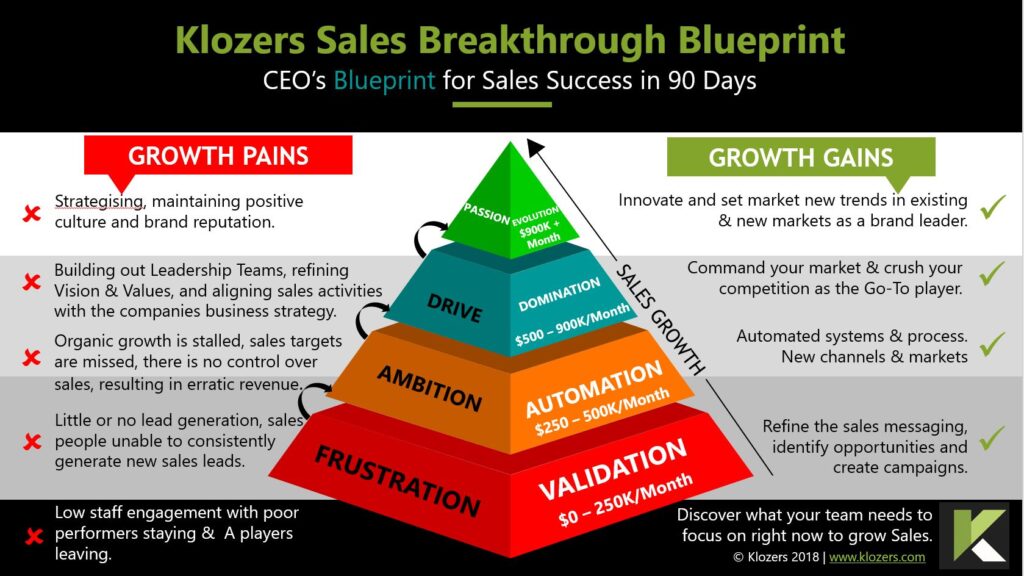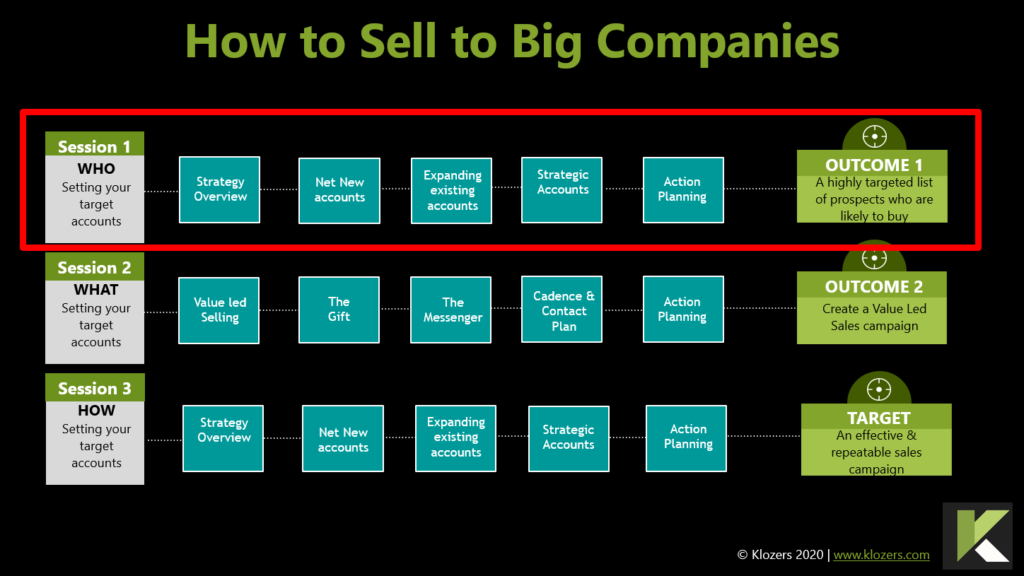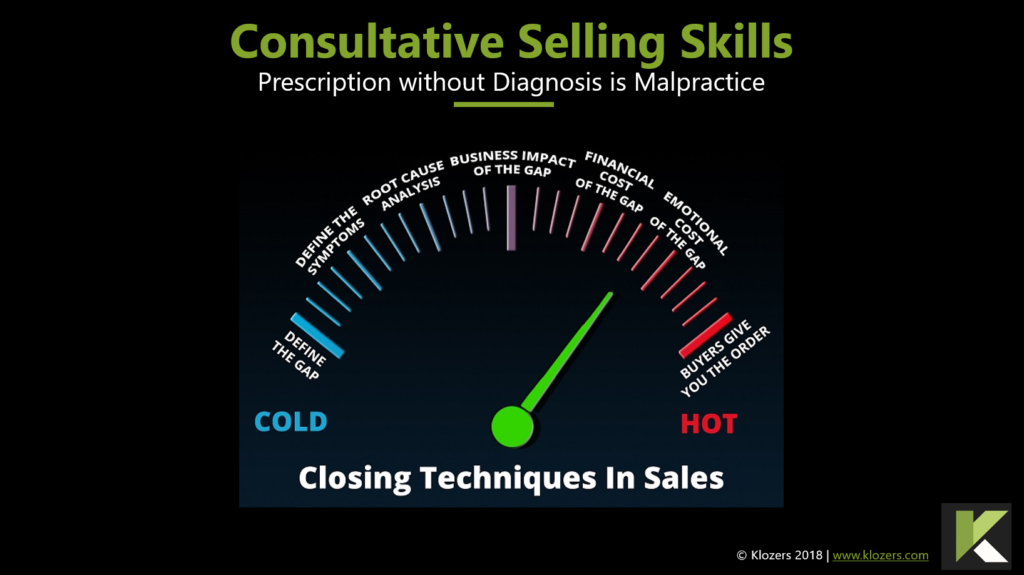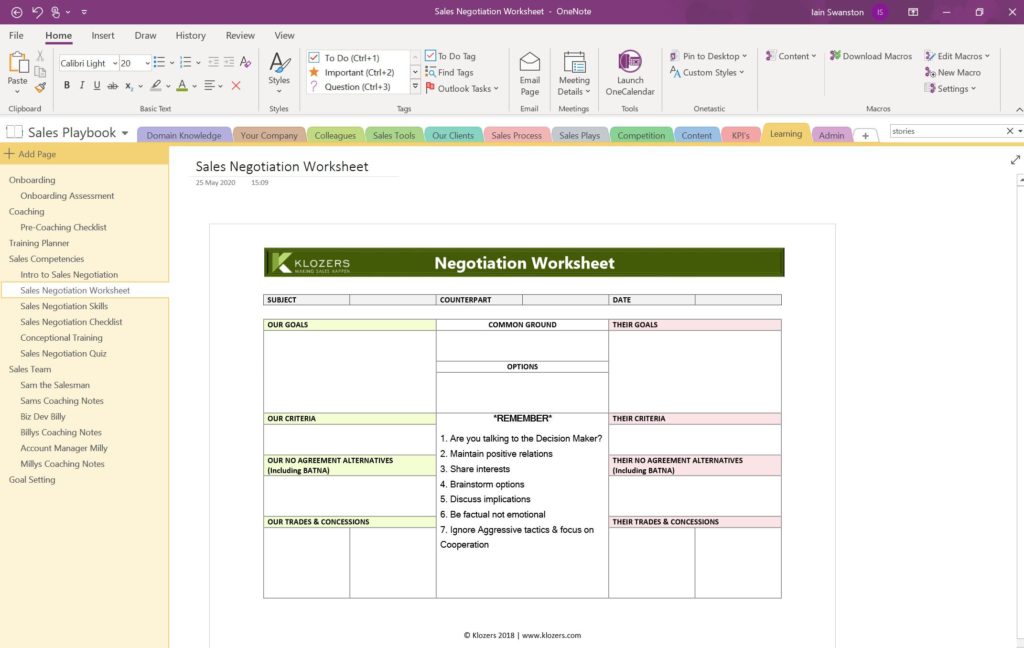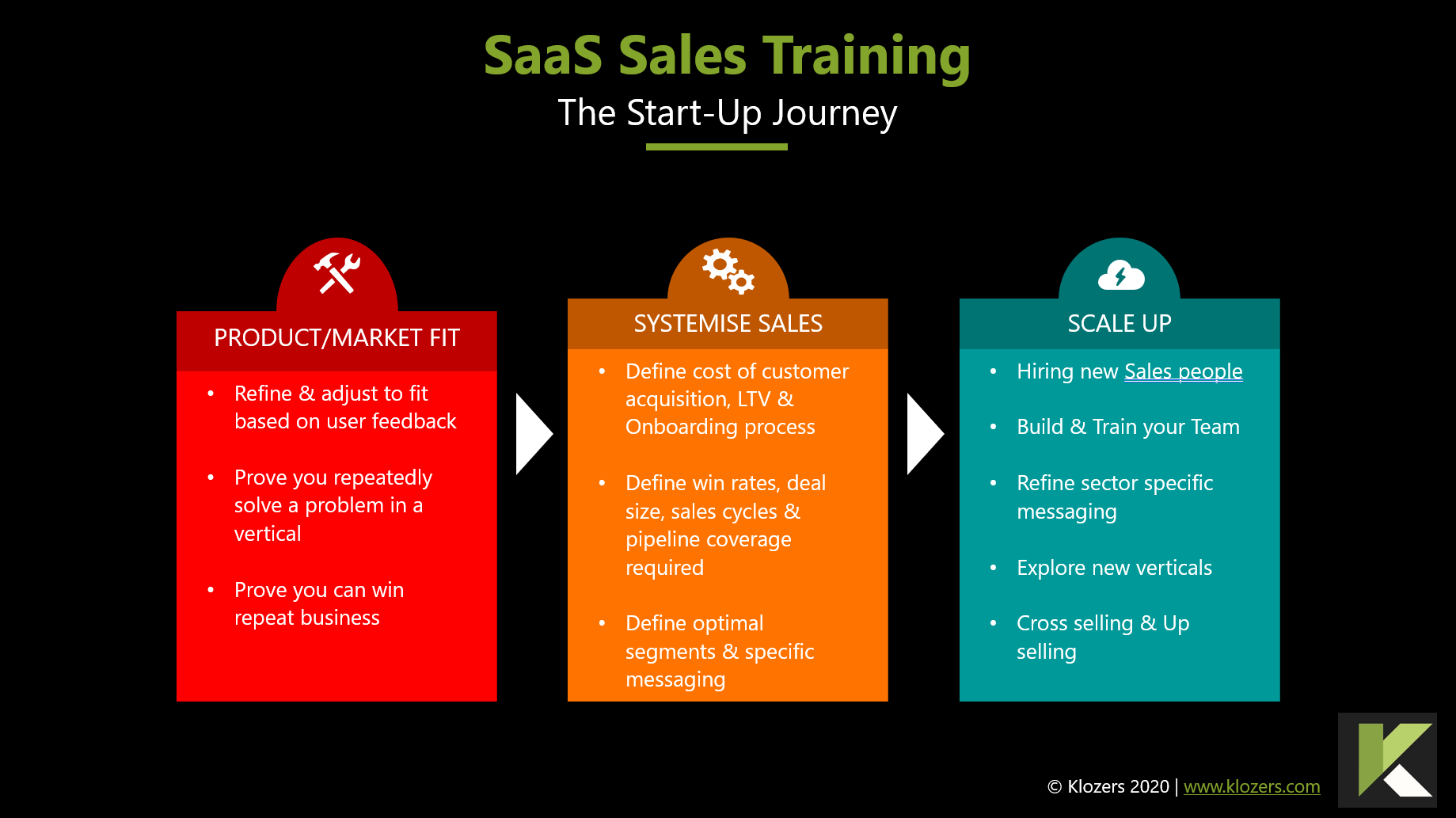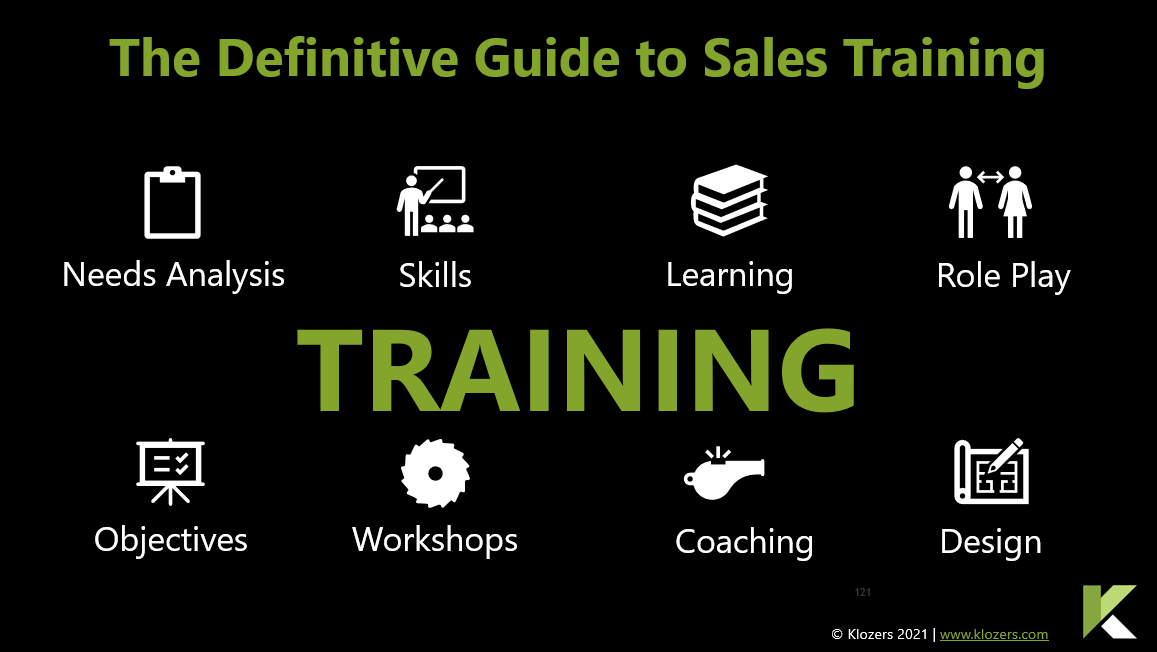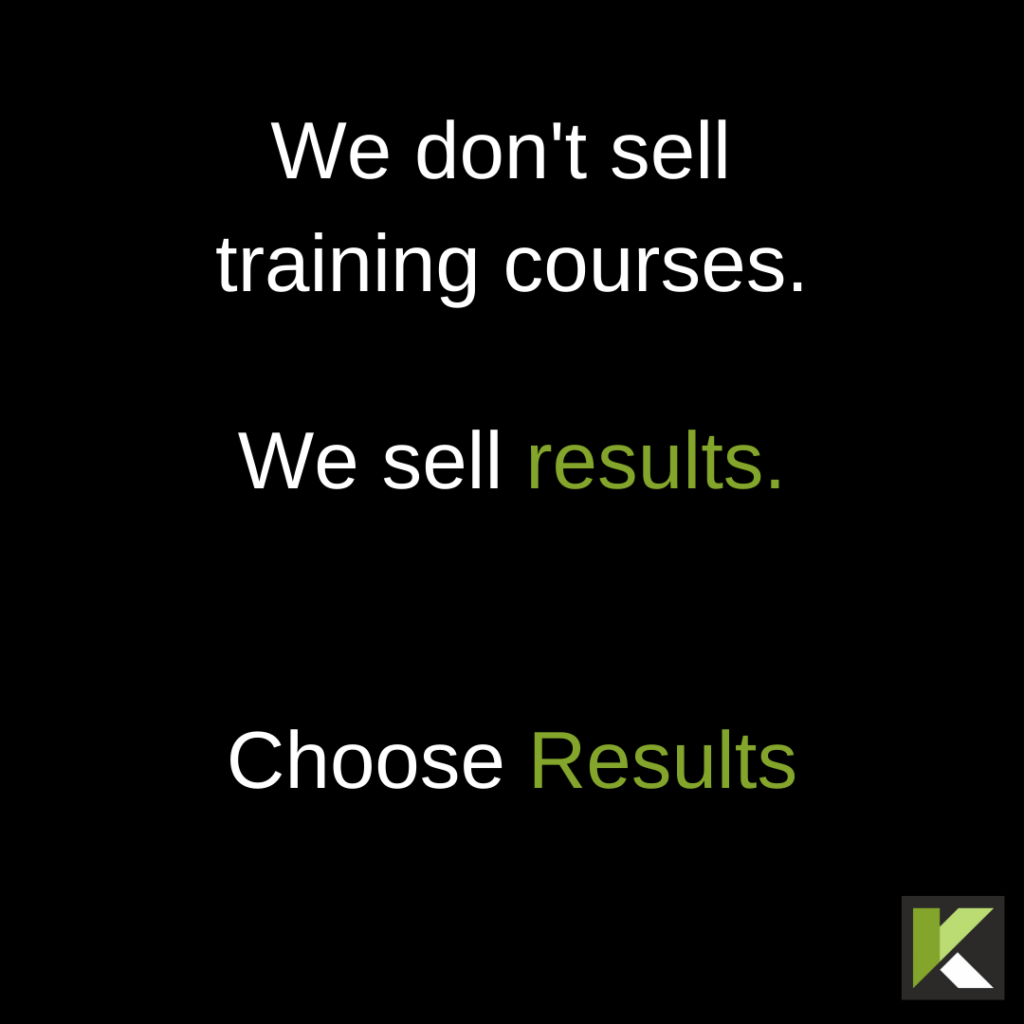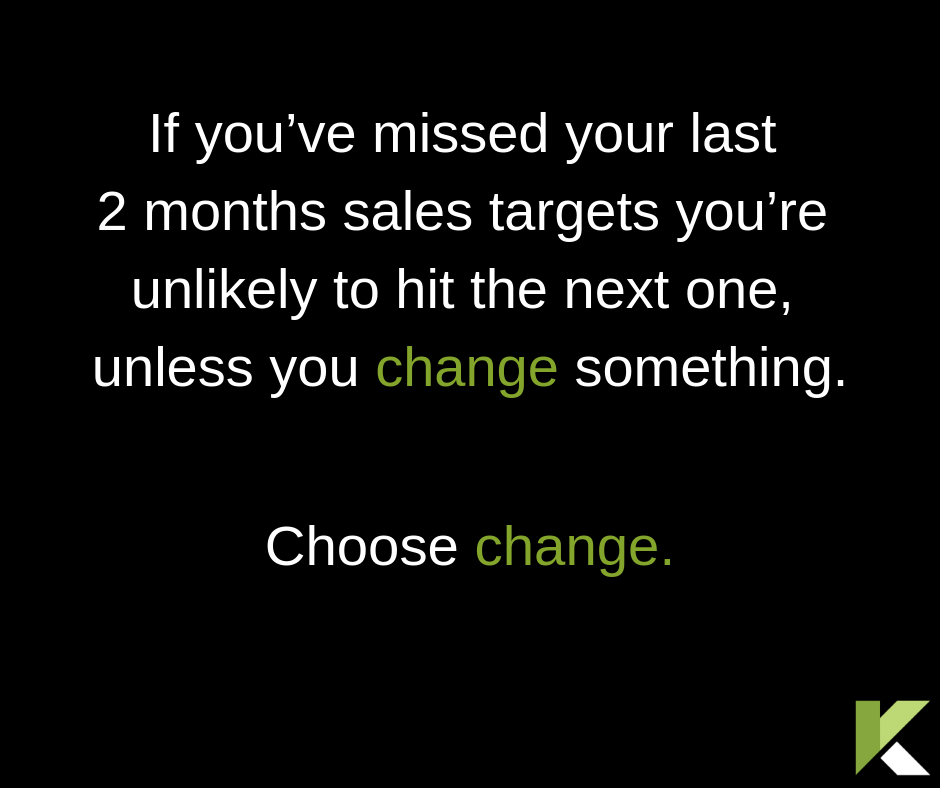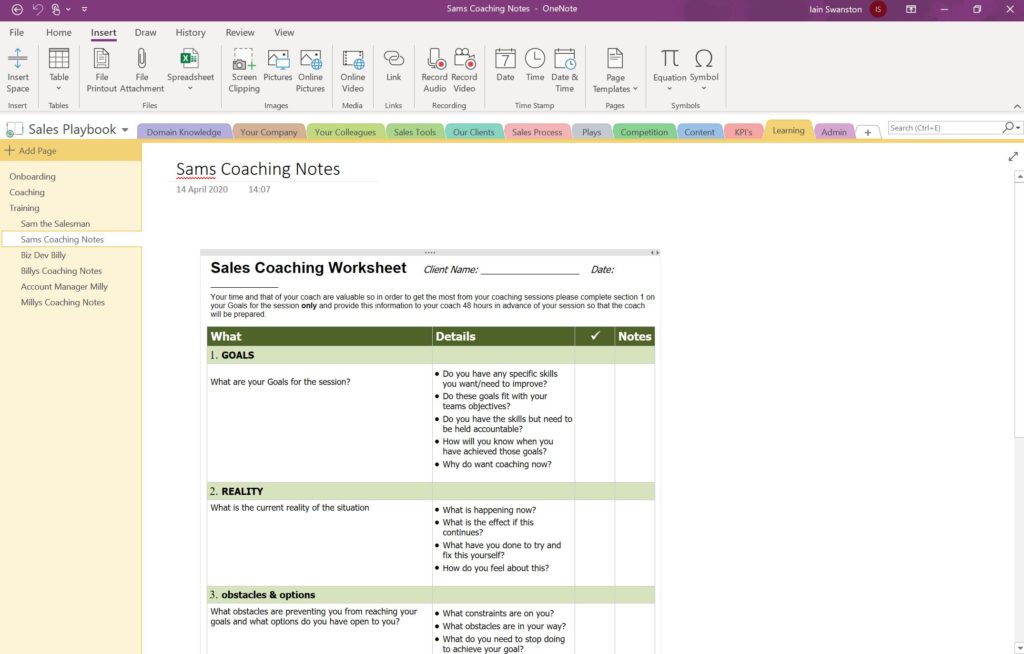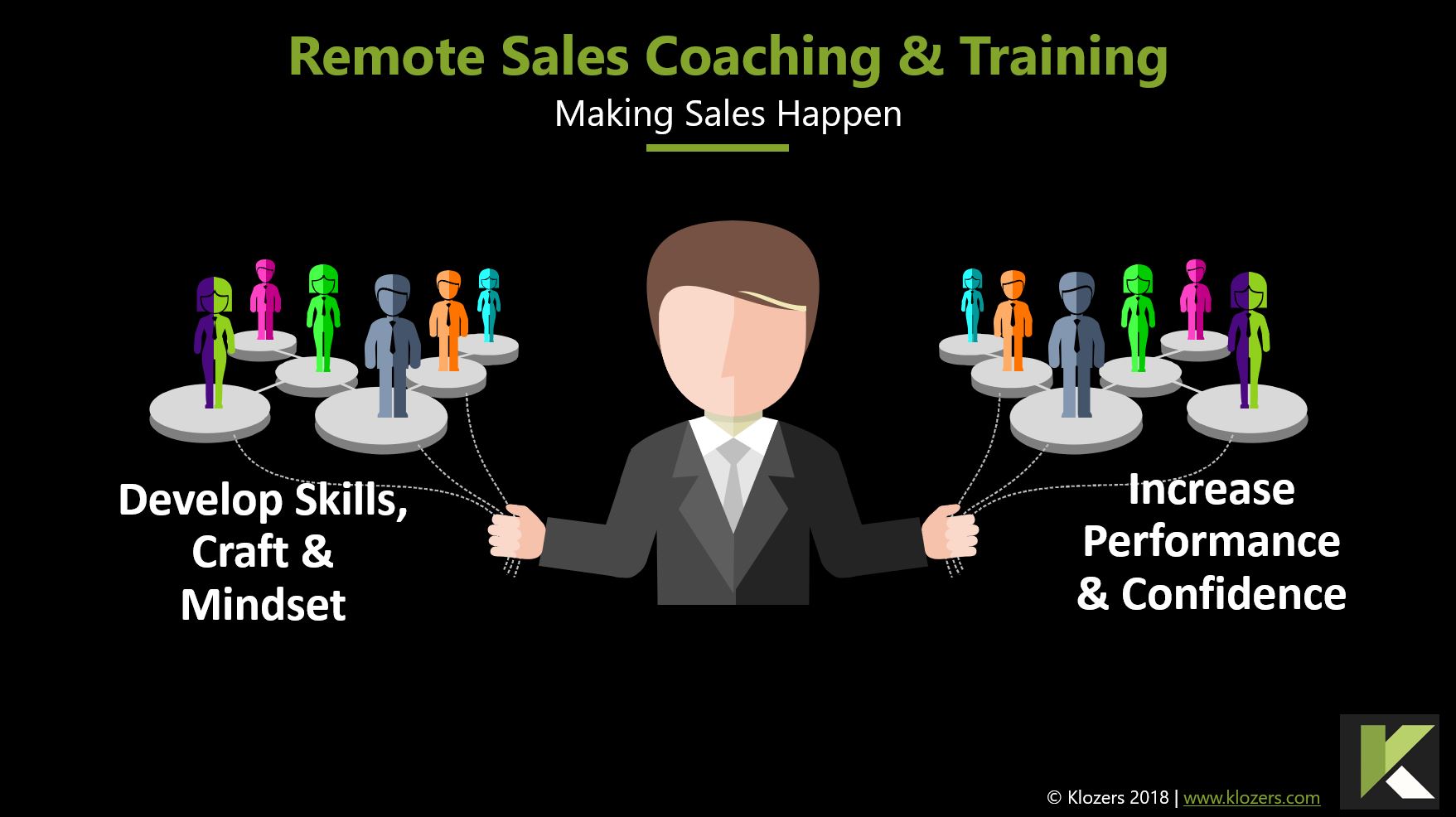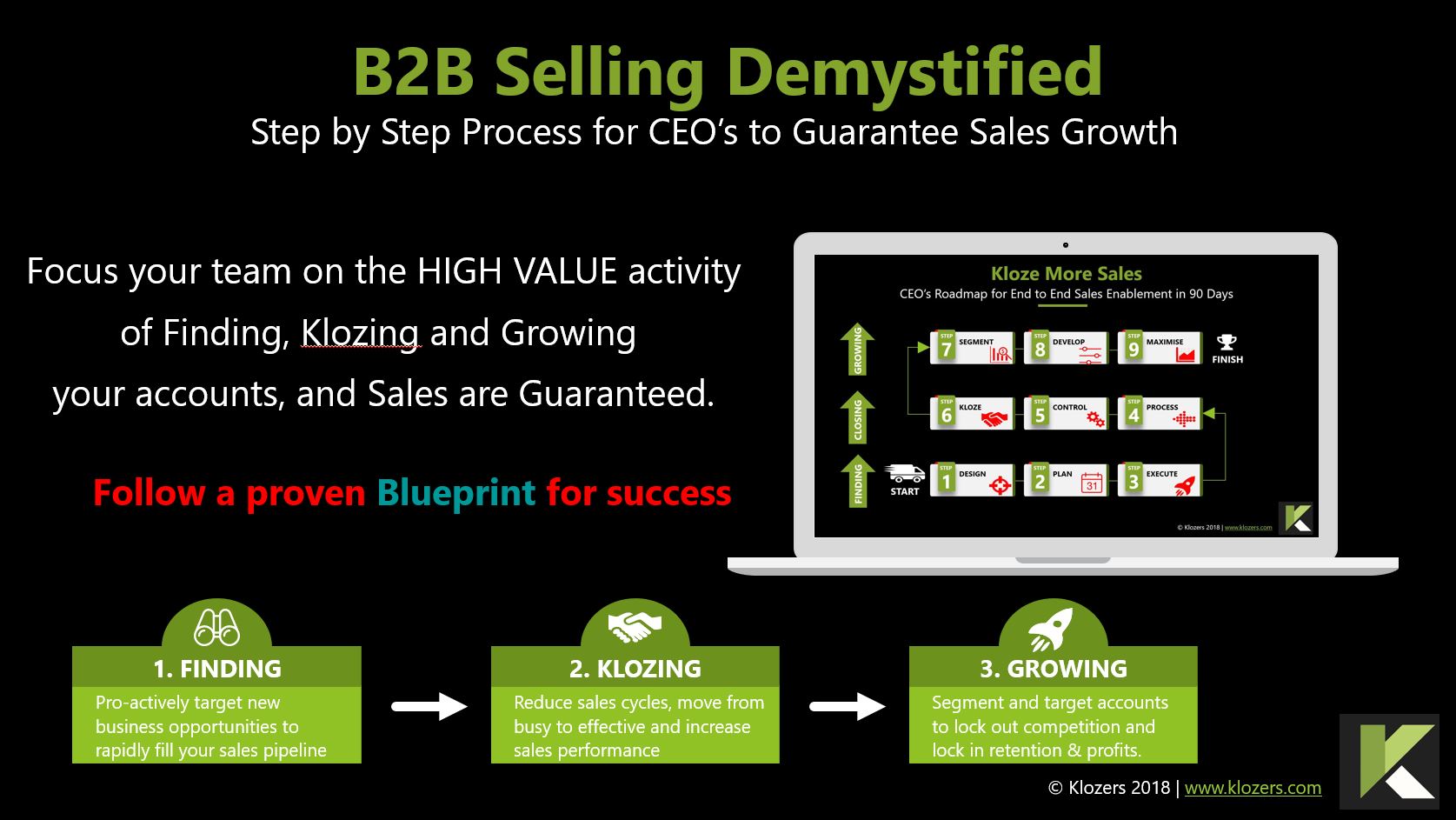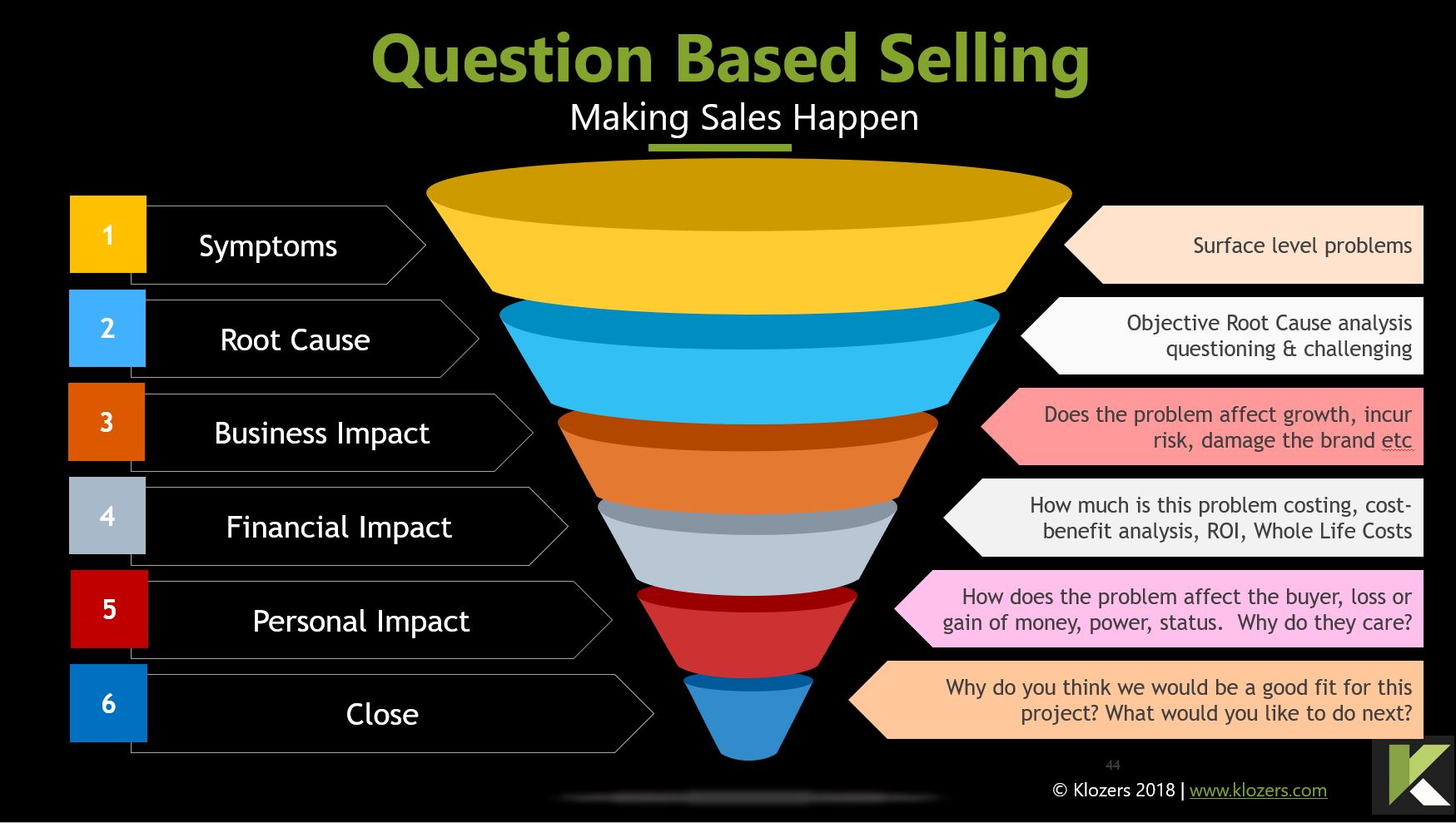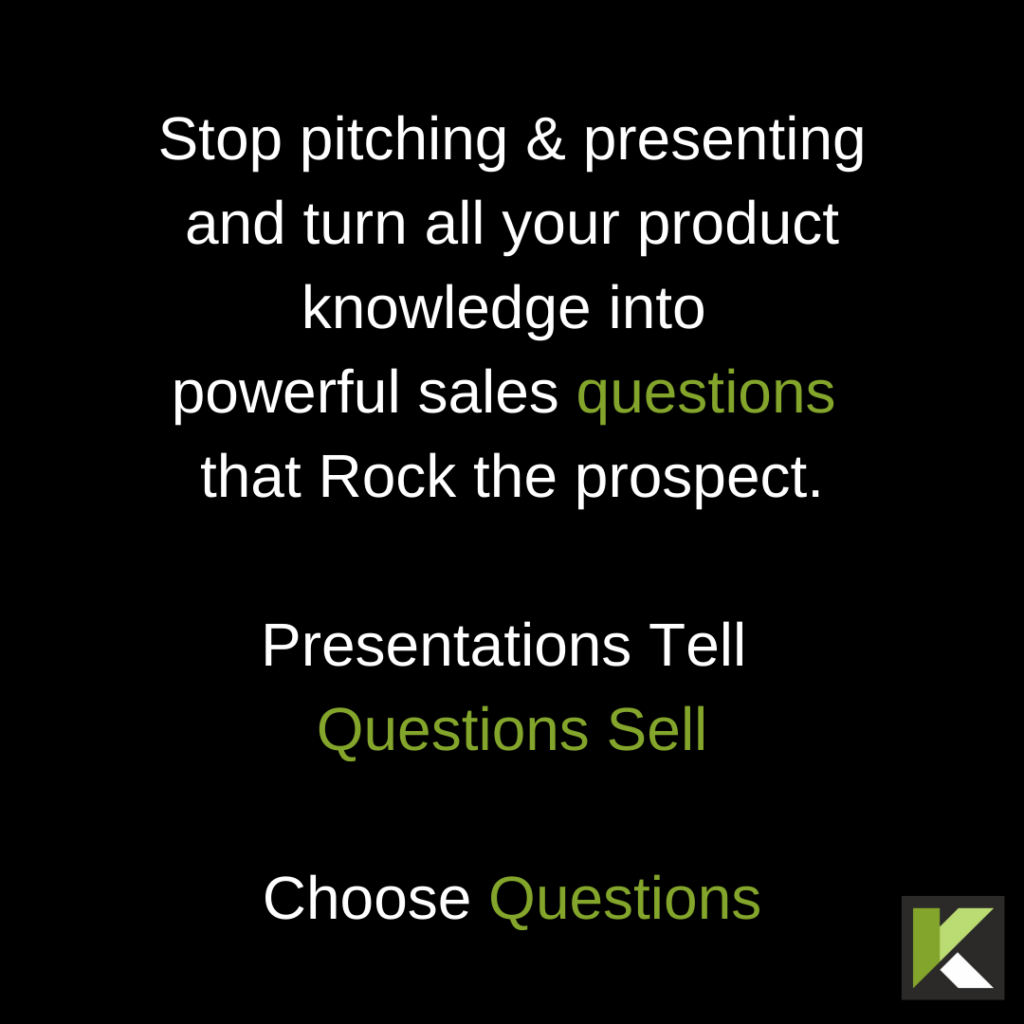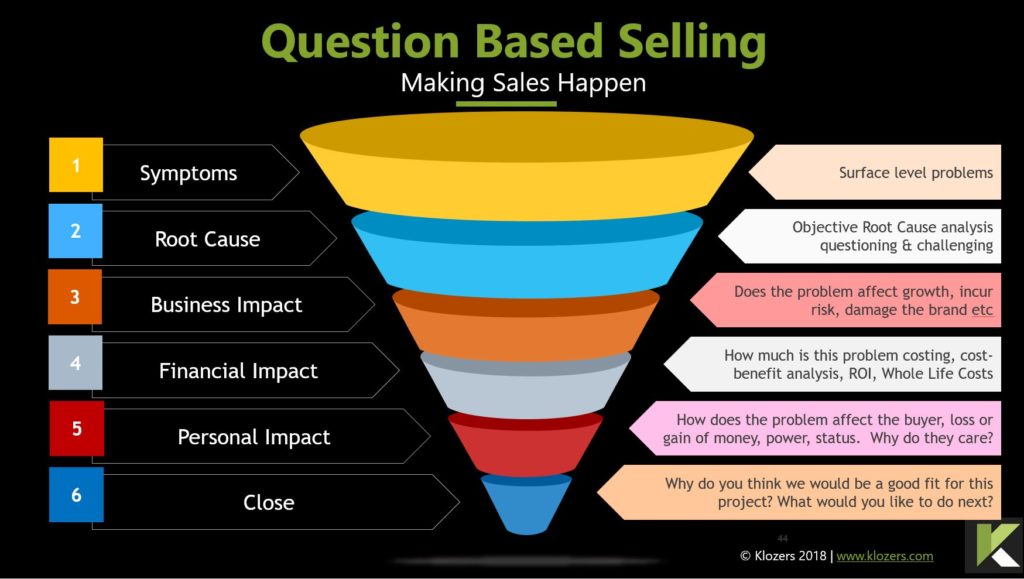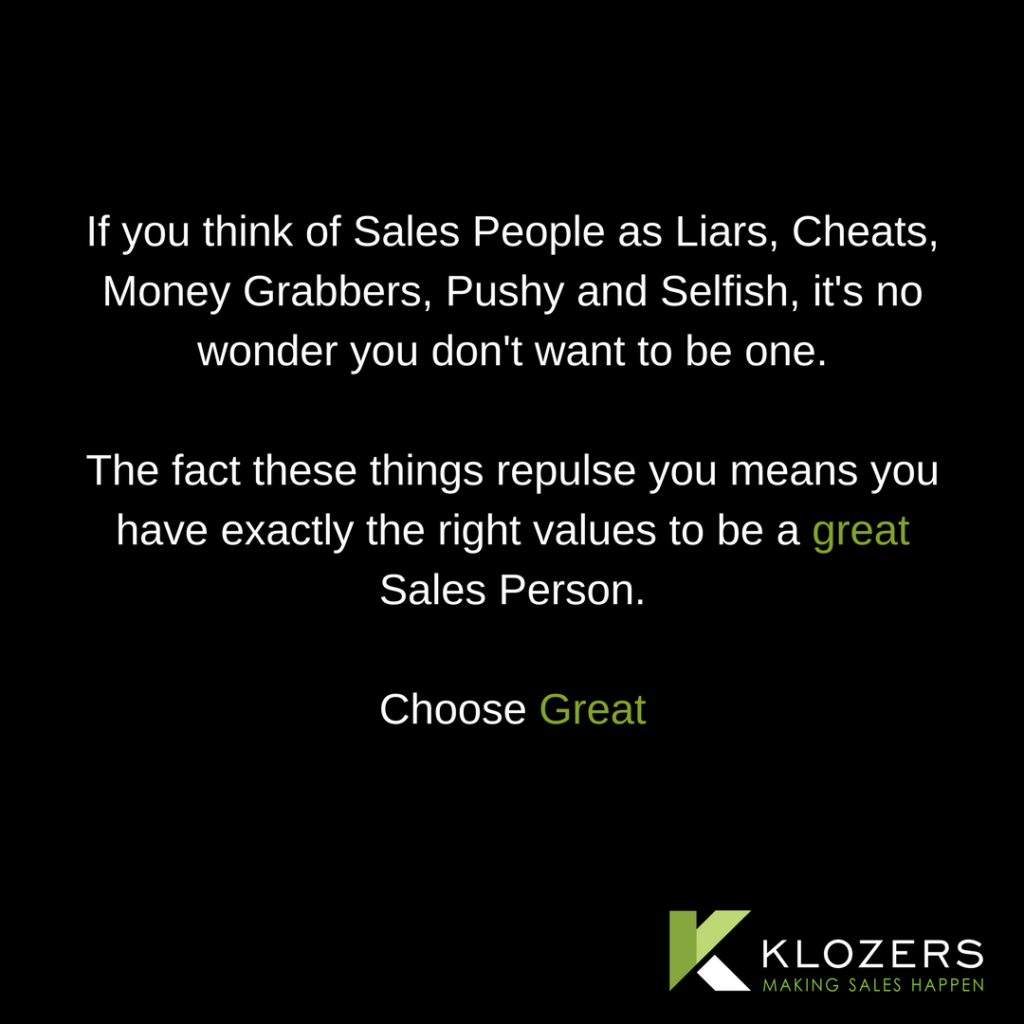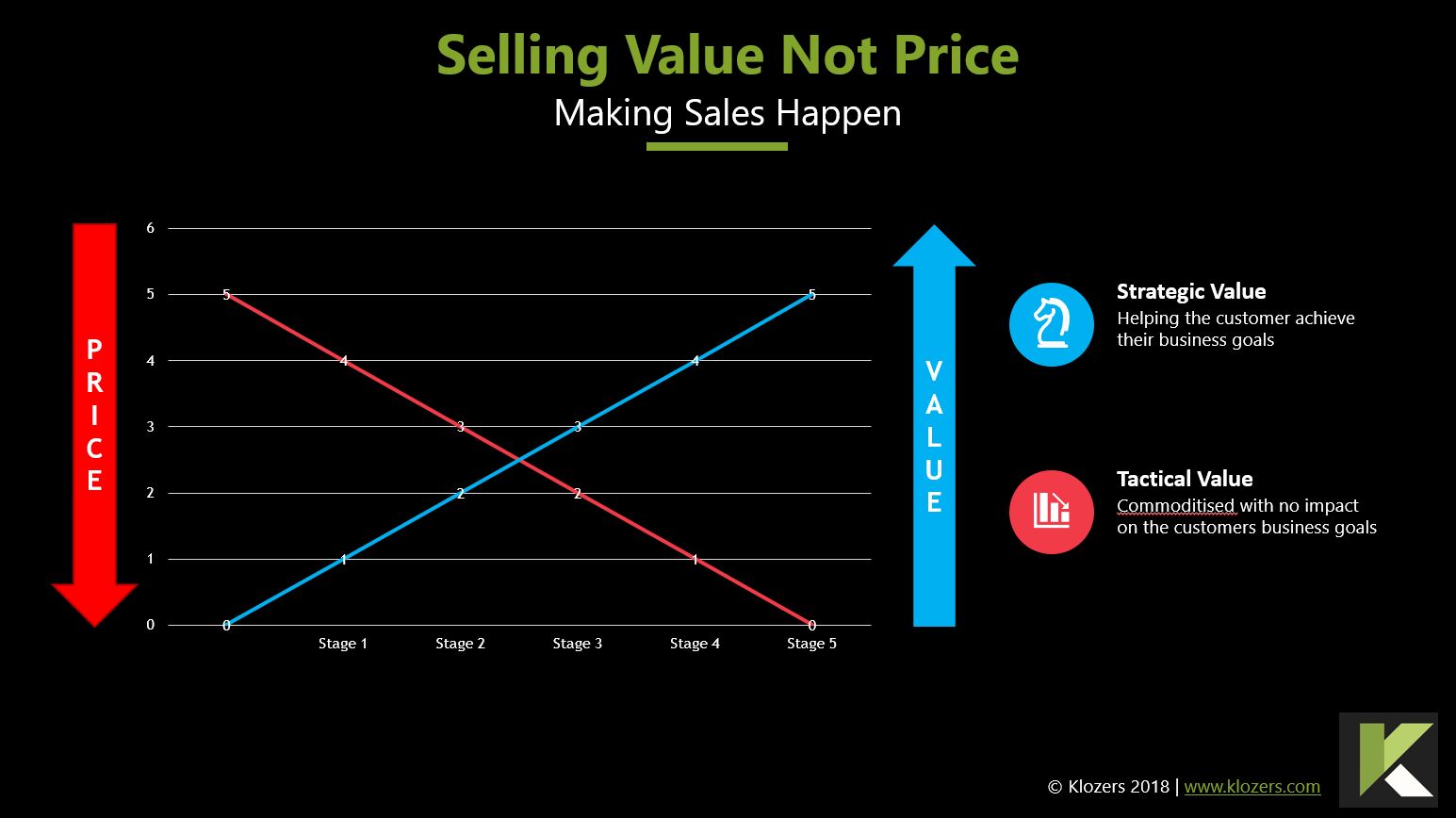1. Wat is een Sales Funnel?
Een sales funnel is een opeenvolging van acties, gebeurtenissen of stadia die een gebruiker doorloopt voordat hij een product of dienst koopt. Sales funnels zijn ontworpen om marketeers in staat te stellen het verkoopproces te volgen, vast te leggen en te optimaliseren om de resultaten te verbeteren.
U kunt hier meer te weten komen over onze SaaS sales training.
2. Hoe bouw je een SaaS verkoop trechter
Uw SaaS sales funnel is een essentieel onderdeel van uw Apps succes. Als je SaaS-apps aanbiedt, is het creëren van een herhaalbare, schaalbare en traceerbare sales funnel een van de belangrijke stappen die je moet nemen.
Klinkt makkelijk? Denk dan nog eens na. De sales funnel is het punt waar veel start-ups die overgaan op het genereren van inkomsten moeite mee hebben, en in veel gevallen falen.
Voordat u begint met het bouwen van uw funnel is het de moeite waard om eerst te overwegen waar u zich bevindt in uw app reis.
3. De drie hoofdfasen van SaaS-ontwikkeling
Helaas is er in de verkoop nooit een pasklare oplossing, en het startpunt voor het bouwen van een SaaS-verkoop funnel is afhankelijk van waar je bent, in termen van de drie belangrijkste fasen van een SaaS-business?
Ben je bij:
Fase 1: het begin van de reis waarbij de stichter en het primaire team nog bezig zijn om de product/markt fit vast te stellen.
Fase 2: de oprichter en de leden van het eerste team hebben bewezen dat het product en de markt bij elkaar passen en bewijzen dat zij systemen en processen kunnen implementeren die anderen kunnen gebruiken om te verkopen.
Fase 3, de laatste horde waarin u een bewezen product-markt fit hebt, u de juiste systemen en processen voor schaalvergroting hebt geïdentificeerd en bewezen en u nu klaar bent om uw verkoop te schalen, u te concentreren op klantenwerving en uw MRR op te bouwen.
De strategieën die je gebruikt voor het bouwen van een SaaS sales funnel zullen variëren afhankelijk van wat je precies geleerd hebt in stap 1 hierboven.
Voor deze oefening ga ik er dus van uit dat u bij stap 1 bent. Als je nog steeds moeite hebt om een sales funnel op te bouwen bij stap 2 en 3 dan heb je ofwel iets gemist bij stap 1 of er is iets veranderd waardoor alles wat je geleerd hebt bij stap 1 niet meer werkt.
4. Bouw een marketing funnel voor uw sales funnel
Bij elk bedrijf is het belangrijk dat u de optimale omstandigheden creëert voor uw verkoopteam om succesvol te zijn. In de SaaS-wereld is het niet genoeg om een goede website te hebben, je hebt een website nodig die:
a) gevonden kunnen worden door uw producten en diensten in de belangrijkste zoekmachines – Google, Bing, Yahoo & YouTube
b) kan worden gevonden door de problemen die u oplost in de grote zoekmachines – Google, Bing, Yahoo & YouTube
c) webverkeer kan omzetten in marketing gekwalificeerde leads
Veel bedrijven negeren dit en haasten zich om een outbound sales team op te bouwen. Het is een feit dat elke potentiële prospect die uw outbound Team interesseert, vervolgens naar uw website zal gaan om verder onderzoek te doen.
Tenzij de webervaring gelijk is aan of groter dan de ervaring van de prospects met uw outbound team, zullen zij onmiddellijk afhaken.
Om een marketing funnel op te bouwen moet je “dwingende user first content” creëren. Dit is inhoud waarnaar de gebruiker actief op zoek is, niet de inhoud die uw verkoop- en marketingteam willen pushen.
Uw SaaS marketing funnel is een essentieel onderdeel van uw Inbound verkoopstrategie. Om dit met succes te doen, moet u in elke fase van het kopersverloop inhoud van hoge kwaliteit creëren, zoals hieronder wordt weergegeven.
De inhoud moet subtiel uw merkverhaal vertellen en het succes dat u aan andere gebruikers hebt gebracht . Maak van je early adopters de helden, niet van jou.
TOFU – Top van trechter
Het eerste deel van uw sales funnel, ook bekend als TOFU, is de bewustwordingsfase van de funnel. De prospect is zich bewust van de problemen die hij heeft en zoekt naar oplossingen.
Uw website moet inhoud hebben die op deze problemen ingaat en uw bedrijf positioneren als de Subject Matter Experts. De meest populaire inhoud hier zou zijn:
Hoe te gidsen
Uitleg video’s
Blog berichten
Lead Magneten
In dit stadium bevindt de prospect zich in de onderzoeksmodus, niet de koopmodus, en is hij gewoon informatie aan het verzamelen.
Uw prospect is in dit stadium misschien niet eens geïnteresseerd in oplossingen, omdat hij nog steeds probeert zijn eigen problemen nauwkeurig zelf te diagnosticeren. Het is onwaarschijnlijk dat uw prospect in dit stadium met de verkoopafdeling zal willen praten.
Wij raden u aan marketingautomatisering te gebruiken om bij te houden op welke artikelen/pagina’s uw prospects de site binnenkomen, aangezien dit het probleem is dat hen het meest bezighoudt. Dit weten kan het voor sales makkelijker maken om een relevant gesprek met hen te voeren.
U kunt er ook in slagen de prospect te benaderen met chatbots op uw site, maar velen zullen in dit stadium anoniem willen blijven.
Midden van trechter
Het midden van uw verkooptrechter is wanneer prospects specifieke oplossingen beginnen te evalueren op basis van wat ze in fase 1 hebben geleerd. Midden in de trechter inhoud zou omvatten:
Presentaties
Demonstraties
Casestudies
In de praktijk zullen zij een soort shortlist van potentiële leveranciers hebben opgesteld, en vervolgens zullen zij dieper ingaan op de details van elke potentiële oplossing.
In dit stadium is het mogelijk dat de prospect nog steeds geen contact met u opneemt, aangezien hij vaak gewoon onderzoek doet namens andere mensen binnen zijn eigen organisatie en zijn prioriteit nog steeds bij het verzamelen van informatie ligt.
Bodem van trechter
Tegen de tijd dat uw prospect de bodem van uw marketing funnel heeft bereikt, hebben zij in veel gevallen al “gekocht” in een bepaalde leverancier of oplossing.
Zij hebben hun beslissing grotendeels genomen op basis van hun webervaring met het merk, uw verkoopboodschap en uw vermogen om uzelf niet alleen als een echter leider te positioneren, maar als een thought leader in die hun problemen begrijpt.
Bottom of Funnel inhoud zou omvatten dingen zoals:
Prijsstelling
Vergelijkende tabellen
Getuigenissen
Recensies
Voor de eenvoudigere, goedkopere oplossingen zult u merken dat ze nu bereid zijn om de proef op de som te nemen als u een sterke Call to Action (CTA) aanbiedt, terwijl ze voor de duurdere en complexere oplossingen nu zullen overgaan tot verkoop.
De afbeelding hieronder toont waar een eenvoudige marketing funnel overgaat in een winkelwagen en de meer complexe B2B verkoop overgaat in een lead voor verkoop.
Succes zit niet in het kiezen van het juiste model, maar in het bouwen van je eigen model op basis van gegevens en trial and error.
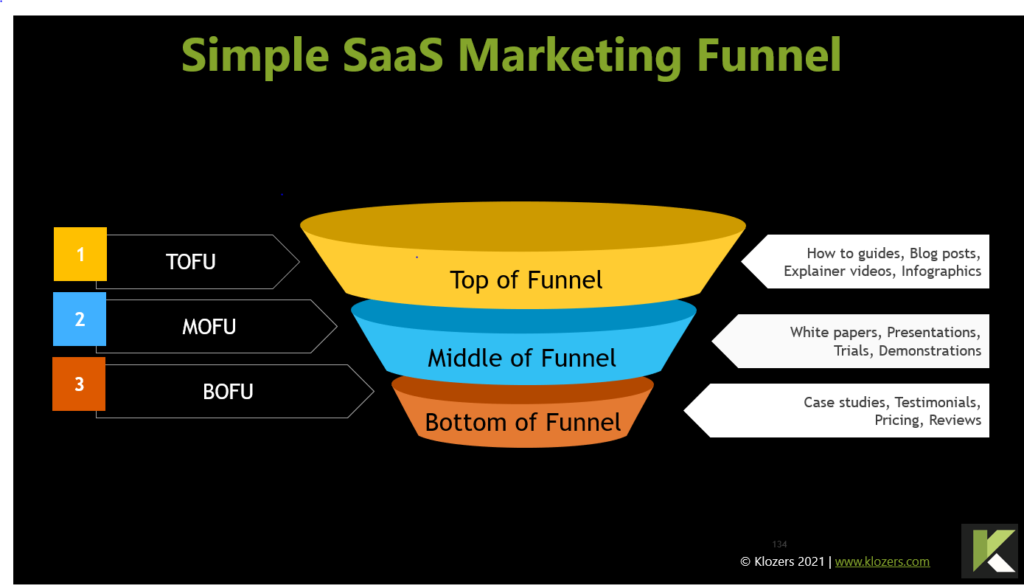
De meeste marketingsoftware houdt nu het gebruikersgedrag op uw website bij en kan lead scoring gebruiken om verkopers te waarschuwen wanneer het beste moment is om prospects proactief te benaderen.
Uit onze eigen ervaring blijkt dat de timing bijna altijd te vroeg is en dat een goed gedefinieerd lead-nurturingprogramma even doeltreffend is.
Om dit te doen moet u in uw marketing ten minste drie verschillende leadmagneten inbouwen waarmee u van uw webbezoekers een abonnee kunt maken zodat u contact kunt houden.
5. Reclame om uw Sales Funnel te vullen
Veel bedrijven vullen met succes hun sales funnel via reclame. Digitaal adverteren is volwassen geworden tot een niveau dat aanzienlijke tracking en rapportage mogelijk maakt, zodat u binnen een paar weken kunt begrijpen wat uw conversieratio en CAC zullen zijn.
In eerste instantie zouden wij pleiten voor “Re-targeting Campaigns”. Dit is gewoon het proces van het plaatsen van advertenties voor mensen die uw website al hebben bezocht.
Studies tonen aan dat retargeting zeven keer effectiever is dan nieuwe campagnes en daarom pleiten wij hiervoor als startpunt.
Deze strategie werkt uitermate goed met een sterke content marketing campagne. Het populairste toevoegkanaal voor B2B is LinkedIn, maar veel bedrijven hebben het ook goed gedaan met Facebook en Instagram.
Onnodig te zeggen dat dit wordt bepaald door uw publiek. Reclame kan worden gebruikt in eenvoudige trechters om de verkoop te stimuleren en in meer complexe trechters om nieuwe aanvragen voor verkopers te genereren.
Voor complexere verkopen kan een bepaalde volgorde nodig zijn waarbij gebruikers klikken op en adverteren voor het ontvangen van een leadmagnet, waarbij elke lead 3 dollar kost.
Als u er vervolgens in slaagt 5% van deze nieuwe leads om te zetten, kunt u per verkoop $60 uit reclame aan uw CAC toerekenen.
U kunt een traceerbare reeks of model van elke activiteit bouwen, niet alleen reclame. Bijvoorbeeld evenementen, webinars en telesales, zodat u kunt begrijpen welke activiteiten het meest kosteneffectief zijn, niet alleen voor het vullen van uw trechter, maar ook voor het daadwerkelijk converteren in orders.
6. Hoe bouw je een SaaS verkoop trechter
Uw sales funnel zal variëren afhankelijk van uw verkoopstrategie. Verkoopt u uw app rechtstreeks of via partners? Op welke kanalen heeft u besloten zich in eerste instantie te richten?
1. Identificeer uw Perfecte Prospect Profiel. Dit is de verkopers versie van een marketing persona. Het omvat alles wat een marketing persona zou omvatten, plus wat extra informatie die verkoop helpt om de prospect op een dieper niveau te begrijpen en met hem te communiceren.
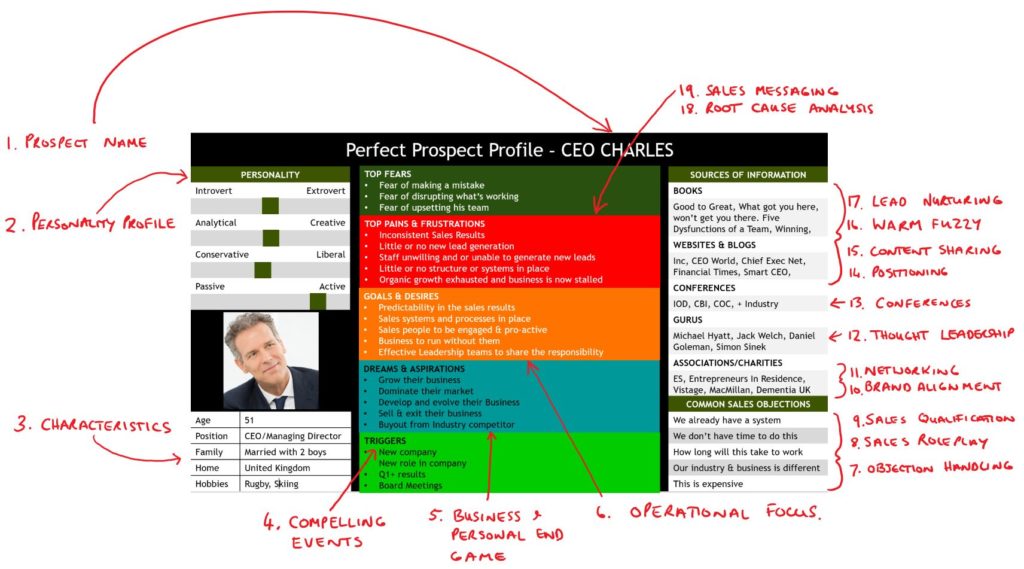
2. Bouw uw verkoopboodschap. Een deel van de product/markt fit is begrijpen welk zakelijk en of persoonlijk probleem uw product oplost.
Onze ervaring is dat de meest succesvolle SaaS-diensten bedrijfsoplossingen zijn die bedrijfsproblemen oplossen.
Zodra u begrijpt hoe dit zich verhoudt tot uw eigen product/dienst op een diep niveau, kunt u beginnen met het opbouwen van uw verkoopboodschap.
Dit zijn de woorden en genuanceerde taal waarvan u hebt bewezen dat prospects zich ermee verbinden. Het is niet genoeg om uw eigen bedrijf en oplossingen te kennen, u moet ook uw klanten kennen.
U moet precies weten hoe uw oplossing uw klant helpt geld te besparen, geld te verdienen en hun leven gemakkelijker te maken.
3. Lead Generation Campagne.
Zodra u uw doelprospects hebt geïdentificeerd en uw verkoopboodschap hebt opgebouwd, moet u beginnen te werken aan een Lead Generation-campagne.
Er zijn twee hoofdbenaderingen voor het genereren van leads:
a) Inkomende Leadgeneratie. Inbound lead generation campagnes zijn campagnes waarbij de prospect eerst contact met u opneemt. Zij kunnen een formulier invullen op uw webpagina, u bellen of u een e-mail sturen. Om inbound sales leads te genereren zult u een vorm van content creatie, advertentie campagnes, webinars, referral programma’s of SEO moeten doen.
b) Outbound lead generatie. Outbound lead generation campagnes zijn campagnes waarbij u prospects bereikt via telefoon, e-mail, direct mail, evenementen of account based marketing. Outbound campagnes betekenen steevast dat u een outbound says team moet samenstellen, wat duur kan zijn.
De meeste SaaS-bedrijven gebruiken een combinatie van inbound en outbound, maar bijna altijd ligt de nadruk meer op het ene dan op het andere.
Een zeer ruwe schatting is dat SaaS-diensten die goedkoper zijn en zich op het MKB richten, marketinggericht zijn en voornamelijk op inbound gericht zijn.
SaaS-diensten die zich meer richten op het middensegment van de markt en op ondernemingen, zullen een meer verkoopgerichte aanpak hanteren via Account Based Marketing.
7. Wat zijn de stadia van een SaaS-verkoopfunnel?

De fasen van uw sales funnel zijn eenvoudigweg een reeks stappen die uw prospects doorlopen om een bestelling te plaatsen.
Deze fasen kunnen sterk variëren en er is niet één trechter die je op elke app kunt toepassen. Zelfs als de fasen dezelfde zijn, kan de methode waarmee u prospects door de trechter laat bewegen, verschillen.
Uw verkooptrechter is een goede plaats om te beginnen met het verzamelen van gegevens om de prestaties te meten en na verloop van tijd verbeteringen aan te brengen.
In het algemeen moeten prospects zo snel mogelijk door de sales funnel bewegen – dit wordt de sales cycle of pipe speed genoemd.
Door de snelheid te meten waarmee prospects de cyclus doorlopen, kunt u blokkades in uw trechter identificeren en gebieden waar prospects vertragen.
Deze “knelpunten” zijn de plaatsen waar u verbeteringen moet aanbrengen.
8. Wanneer moet ik mijn SaaS-product aan klanten demonstreren?
De timing van SaaS app-demo’s binnen het verkoopproces is voor veel bedrijven onderwerp van discussie geweest.
Het antwoord op de vraag is helaas “dat hangt ervan af”. Veel bedrijven geven met succes een demo van hun app aan het begin van het verkoopproces, maar er zijn er evenveel die een demo geven aan het begin en dan hun prospects zien verdwijnen in het zwarte gat van voicemail en onbeantwoorde e-mails.
Kortom, hoe goedkoper en eenvoudiger de oplossing, hoe vroeger in het proces u een demo kunt geven en hoe duurder en complexer de oplossing, hoe verder in het verkoopproces de demo moet worden doorgeschoven.
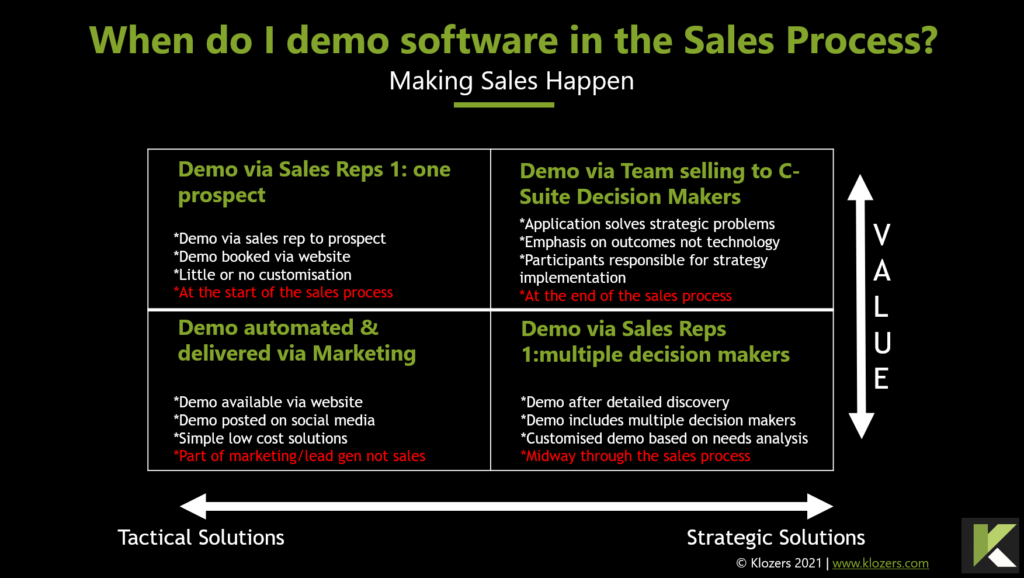
De realiteit is dat ondernemers en verkopers de neiging hebben om haastig een demo te geven van hun app, in de hoop dat de demo de prospect zal overtuigen om in te tekenen.
Zelfs als de prospect gekwalificeerd is en er een goede klik is, loopt een demo zonder enige vorm van diagnose van de pijn van de prospect het risico de prospect te verliezen.
Uw prospect moet weten dat u het weet en dat u hun wereld begrijpt. Dit kan alleen worden bereikt door intelligent en gericht te ondervragen. Als je de verkoop wilt versnellen, vertraag de verkoop dan.
De demo is meestal het grootste hefboomeffect van de verkoper en als u die te snel weggeeft, verliest u het hefboomeffect en naar alle waarschijnlijkheid de prospect.
Als algemene vuistregel geldt: plaats de app-demo zo ver mogelijk terug in uw verkoopproces.
Demo’s kosten tijd en geld, vooral bij complexe verkoop waarbij vaker wel dan niet een demo op maat nodig is.
Demonstraties op maat mogen alleen worden gegeven aan de hogere besluitvormers in het aankoopteam van de prospect. Indien nodig kunt u zelfs twee demo’s hebben binnen het verkoopproces – er zijn geen regels, behalve dat als het werkt, doe het dan.
De meeste verkopers maken de fout om dit deel van het verkoopproces te gebruiken om de voordelen van het product in meer detail uit te leggen.
Als je vertelt, verkoop je niet. Gebruik intelligente indringende vragen om de prospect te laten vertellen hoe de oplossing hun zakelijke pijn zal oplossen.
U moet vermijden te praten over kenmerken waarvan u denkt dat ze voor hen relevant zijn. Als u dit niet hebt ontdekt in de ontdekkingsfase van het verkoopproces, is het inherent riskant om verderop in het proces iets nieuws te introduceren.
Voor de eenvoudigere, goedkopere oplossingen zult u merken dat zij nu bereid zijn om een proefperiode te nemen, terwijl zij voor de duurdere en complexere oplossingen nu contact zullen opnemen met een verkoper.
Om aan te tonen dat zij de nodige zorgvuldigheid hebben betracht, zullen zij altijd met twee of drie potentiële leveranciers spreken.
Dit is niet noodzakelijkerwijs om een leverancier op prijs te verslaan, maar soms moeten zij aan de bredere inkoopgroep binnen hun organisatie duidelijk maken waarom zij een voorkeur hebben.
App trials zijn ook een goede manier om gebruikers over te halen zich aan te melden, maar de conversieratio van trials naar close is meestal slecht in de meeste SaaS-gevallen.
Afhankelijk van de prijsstelling zou u een beheerde proefperiode kunnen aanbieden, zodat zij uw software kunnen evalueren terwijl u hen verder in het verkoopproces begeleidt.
Tijdens een proef kan de prospect zien hoe het product voor hem in de praktijk zal werken. Het is belangrijk dat u de proef op het juiste moment neemt en dat u van tevoren afspreekt wat er gebeurt als de proef slaagt.
We hebben de bovenstaande grafiek gemaakt om te proberen visueel uit te leggen hoe dit voor uw organisatie zou kunnen werken.
In het voorbeeld zal het grootste deel van uw CAC uit marketing bestaan, terwijl in de meer complexe trechter uw kosten marketing, verkoop + klantenonboarding zullen omvatten.
9. SaaS-Verkooptrechter voorbeelden
De onderstaande verkoop funnels zijn voorbeelden. U moet deze NIET kopiëren tenzij ze passen in uw verkoopproces.
Ze zijn ontworpen als startpunt voor wie een verkooptrechter wil ontwikkelen.
Zoals u kunt zien in de grafiek, zijn er veel alternatieven voor de fasen waaruit uw sales funnel bestaat, afhankelijk van het type funnel dat u aan het maken bent.
Voor zuiver digitale trechters zou je kunnen hebben:
Lead Magnet Landing page – waar prospects terechtkomen nadat ze op uw advertentie hebben geklikt
Bevestigingspagina – bevestiging van uw gratis aanbieding, proefperiode of aankoop
Upsell-pagina – waar prospects een kans hebben om extra diensten toe te voegen of te upgraden
Afrekenpagina – waar prospects betalen voor de dienst
Felicitatie- of dankpagina – waar u prospects kunt aanmelden met de juiste volgende stappen.

10. SaaS-verkoop trechter metrieken
Als het op metrics aankomt, denken wij dat dit de gebruikelijke sales operations metrics en KPI’s zijn waar de meeste mensen mee vertrouwd zijn. Het spreekt voor zich dat deze gegevens belangrijk zijn en dat u ze moet registreren en erover moet rapporteren.
LTT – conversie van leads naar proeven
Dit is het aantal leads dat is geconverteerd naar een proef.
DCR – Demo conversie ratio
Het aantal demo’s dat succesvol converteert naar de volgende fase in het verkoopproces.
TTS – Omzetting van proef naar verkoop
Dit is het aantal prospects op de gratis proefversie die zijn omgezet in betalende klanten.
LTV – Lifetime Value van de klant
Dit is de gemiddelde totale waarde die een klant zal uitgeven voordat hij de dienst verlaat. Ironisch genoeg kan dit moeilijker te meten zijn naarmate uw product beter is, omdat u zonder klanten niet weet hoe lang zij blijven en wat hun totale waarde voor het bedrijf is.
Churn – Aantal klanten dat vertrekt
Klanten zullen weggaan en dat is niet altijd een slechte zaak. Als de klanten die weggaan passen in uw ICP (Ideal Client Profile) dan heeft u een probleem. Klanten die vertrekken en niet in uw ICP passen, kunnen waardevolle middelen vrijmaken die aan uw ICP kunnen worden besteed.
MRR – maandelijks terugkerende inkomsten
De maandelijkse terugkerende inkomsten geven u een overzicht van uw succes, maar het is slechts een overzicht en u moet kijken naar de details binnen de gegevens om een nauwkeuriger beeld te krijgen.
ARR – Jaarlijkse terugkerende inkomsten
De jaarlijkse recurrente inkomsten geven een goed beeld van de onderneming, maar net als de MRR moet u alle gegevens bestuderen om een nauwkeuriger beeld te krijgen van de gezondheid van uw onderneming.
Verkoopcyclus – de tijd vanaf het eerste contact tot en met een gesloten order
Dit is meestal kort voor eenvoudigere oplossingen met een lagere waarde en langer voor complexe bedrijfsverkopen. Een verkoop aan een Tier 1 bank kan bijvoorbeeld 18 maanden duren van het eerste contact tot de afsluiting.
CAC – kosten voor klantenwerving
Het is belangrijk te begrijpen hoeveel het u kost om één enkele klant te werven. In een ideale wereld zou u dit ontdekken in de eerste fasen van het bedrijf, wanneer u het waardevoorstel bewijst. Zonder dit cijfer is het onmogelijk de systemen en processen in te voeren om het bedrijf te laten groeien, aangezien u niet weet hoeveel u kunt besteden aan marketing en verkoop aan de voorkant.
Negatieve Churn –
Negatieve churn is een krachtige groeimetriek die aangeeft dat de inkomsten uit upselling en cross selling van bestaande klanten opwegen tegen de inkomsten die verloren gaan wanneer klanten vertrekken.
11. Ingediende SaaS-voorstellen
Na de laatste demo, moet je nooit aanbieden om een voorstel te sturen.
Voorstellen kosten tijd en geld en als uw prospect geïnteresseerd is , zal hij u om een voorstel vragen.
Als uw prospect u niet om een voorstel vraagt, betekent dit dat hij niet geïnteresseerd is in een samenwerking met u en dat u terug moet gaan in het verkoopproces om te begrijpen waar u de fout bent ingegaan.
Wanneer het verkoopproces vastloopt, is dat zelden te wijten aan iets wat u op dat moment verkeerd hebt gedaan – vaker is het iets wat u eerder in het verkoopproces hebt gemist.
Zorg ervoor dat u er zeker van bent dat alle voordelen van de software duidelijk aan hen zijn uitgelegd en in kaart zijn gebracht in het licht van hun aangegeven behoeften.
Indien mogelijk, vraag uw Witte Ridder altijd om u te helpen bij het opstellen van het voorstel, en controleer samen met hem of haar een conceptversie voordat u het officiële exemplaar verstuurt.
Voordat u uw voorstel verstuurt, moet u een duidelijk beeld hebben van wat de volgende stappen zijn als u wint of verliest.
Zonder dit is de kans groot dat je de komende drie maanden achter spoken in voice mail aan zit.
12. Prijsbepaling van uw SaaS-contracten
Veel bedrijven vermelden weinig of geen prijzen op hun website omdat zij niet willen dat hun concurrenten hun prijzen zien, of omdat zij denken dat het potentiële klanten zal afschrikken.
Je moet trots zijn op je prijs en de waarde die je brengt. Laat de concurrentie u ondermijnen en al hun middelen inzetten op onrendabele deals.
Mensen kopen zelden de goedkoopste oplossing, dus sta uw prospects toe u te onderbieden.
Als u nog steeds angstig over het hebben van uw prijzen op uw website dan na te denken over hoe je je voelt als je het onderzoek van een oplossing die u geïnteresseerd bent in alleen te vinden de prijs pagina is bezaaid met POA.
Als u zoals de meeste mensen bent, vindt u dit echt vervelend en gaat u snel naar de volgende potentiële leverancier.
Ten slotte is een ander voordeel van het met trots tonen van uw prijzen dat het iedereen die niet bereid is op dat niveau te investeren, eruit kwalificeert.
Dit kan u veel tijd en middelen besparen bij prospects die gewoon een ander budgetniveau hebben.
Er zijn tal van prijsstrategieën voor u beschikbaar, maar uit onze ervaring blijkt dat het enige wat gegarandeerd is, is dat u uw prijsstelling zult wijzigen.
Als vuistregel geldt dat als uw prijzen te hoog zijn voor een kortlopend contract of een betaalde proefperiode, de kans bestaat dat de prospect niet alle voordelen van de software zal ervaren voordat het contract afloopt, en dat hij zal besluiten niet te verlengen.
Waar mogelijk moet u prospects tijdens de proefperiode belonen voor het toevoegen van informatie en het gebruik van de dienst.
Bied bijvoorbeeld een kortere proefperiode aan en geef gebruikers een beloning als ze hun profiel/account volledig hebben ingesteld.
Bied een extra gratis periode aan om hen aan te moedigen het product te gebruiken, bijvoorbeeld als zij gegevens uploaden in het systeem.
Het idee is om uw nieuwe gebruikers stap voor stap te “onboarden” en uw product zo kleverig mogelijk te maken.
Als de prospect toch wil doorgaan, moet u contracten met digitale handtekening gebruiken om het verkoopproces te versnellen.
Stuur nooit contracten in e-mails of links naar digitale contracten, want die kunnen gemakkelijk worden genegeerd.
Zorg ervoor dat u de prospect aan de telefoon krijgt en neem het contract met hem door. Zodra zij hebben ingestemd met alles in het contract, vraagt u hen gewoon te tekenen terwijl u hen aan de telefoon hebt.
Op die manier behoudt u de controle over het verkoopproces.
13. Waarom de sales funnel zo belangrijk is voor SaaS aanbieders
Veel bedrijven zijn failliet gegaan nadat ze moeite hadden om een verkooptrechter te implementeren. De marketing en verkoop van SaaS-producten kan een enorme uitdaging zijn, en de kans is groot dat uw doelklanten al overstelpt worden met aanbiedingen van concurrerende softwareleveranciers.
Bedenk uit welk deel van het bestaande budget van de koper u inkomsten gaat halen. Bij welke directe of indirecte concurrenten zult u budget weghalen?
U concurreert wellicht met enkele van de grootste en machtigste merken ter wereld die generieke oplossingen bieden voor dezelfde problemen die u oplost.
Dit betekent dat u iets onderscheidends moet aanbieden waar uw klanten daadwerkelijk behoefte aan hebben.
Volgens een studie van CB Insights mislukt 42% van de SaaS-start-ups omdat ze producten aanbieden die hun doelklanten niet nodig hebben.
Potentiële klanten ervan overtuigen dat uw software echt waarde biedt, is essentieel.

14. Verwachtingen van prospects managen
Het creëren van een sales funnel gaat over het bouwen van een reis helemaal van webbezoeker, tot abonnee en door middel van demo’s en trails en eindigend met de ondertekening van het contract.
Uw verkooptrechter moet de nadruk leggen op elk van de belangrijkste stadia die uw prospects zullen doorlopen op hun weg naar een overeenkomst.
Wees open en eerlijk en deel de fasen van het proces vooraf met uw prospects.
U moet goed letten op eventuele wrijvingspunten die zich kunnen voordoen wanneer uw prospects door uw verkooppijplijn reizen.
Dit geeft u de mogelijkheid om verbeteringen aan te brengen in uw trechter voor de toekomst.
Het belangrijkste is dat je alle datapunten in je sales funnel vastlegt.
Dit zal u helpen beslissingen te nemen op basis van feiten in plaats van uw onderbuikgevoelens. Het kan even duren voordat uw sales funnel volledig effectief is, en het kan zijn dat u verschillende verfijningen moet aanbrengen voordat u een echt geoptimaliseerde sales funnel hebt.
Veel klanten hebben geen goed beeld van wat ze nodig hebben als ze voor het eerst met u in contact komen. Bied oplossingen, niet alleen producten, door prospects te helpen het verband tussen de twee te leggen.
Wat ook waar is, is dat gebruikers vaak kopen wat ze willen, niet wat ze nodig hebben.
Daarom is het zo belangrijk om gerichte vragen te stellen, zodat u nauwkeurig kunt bepalen wat hun behoeften zijn en uw software op de meest gunstige manier kunt positioneren.
Deze vragen zullen u ook vertellen hoe dichtbij of ver weg zij zijn om een beslissing te nemen.
15. De opkomst van SaaS-oplossingen
Het lijkt wel of alles in de wereld nu online wordt aangedreven door SaaS-applicaties. Van Netflix en Amazon Prime tot LinkedIn en Microsoft M365 worden we nu omringd door SaaS-oplossingen van de een of andere soort.
Financieel gezien is SaaS zinvol omdat zo zware kapitaaluitgaven vooraf worden vermeden en de risico’s van de oplossing worden verminderd.
Immers, als het niet werkt, zit u meestal maar aan een maximum van 12 maanden vast. Andere voordelen van SaaS zijn dat het gewoonlijk snel kan worden geïmplementeerd en geen onderhoud van de kant van de klant vereist.
Upgrades worden normaliter automatisch geleverd, waarbij klanten over het algemeen een gegarandeerd niveau van dienstverlening wordt geboden.
Back-ups en gegevensherstel worden meestal uitgevoerd voor rekening van de klant, zodat deze zich kan concentreren op wat hij het beste kan, in de veilige wetenschap dat alles wordt afgehandeld door de softwareontwikkelaars zelf.
Lockdown heeft SaaS turbo geladen
Werken op afstand was al in opkomst vóór de pandemie, dus het feit dat SaaS-producten mensen in staat stellen om van overal te werken en samen te werken, heeft SaaS alleen maar nog dieper in ons dagelijks leven verankerd.
Er worden duizenden nieuwe SaaS-producten ontwikkeld in elk land over de hele wereld, dus de concurrentie is hevig, maar er lijkt geen einde te komen aan de honger van consumenten en bedrijven naar SaaS-oplossingen.
Een coherente verkooptrechter kan het verschil betekenen tussen een viraal succes van uw product en gedwongen worden terug te keren naar de tekentafel.


